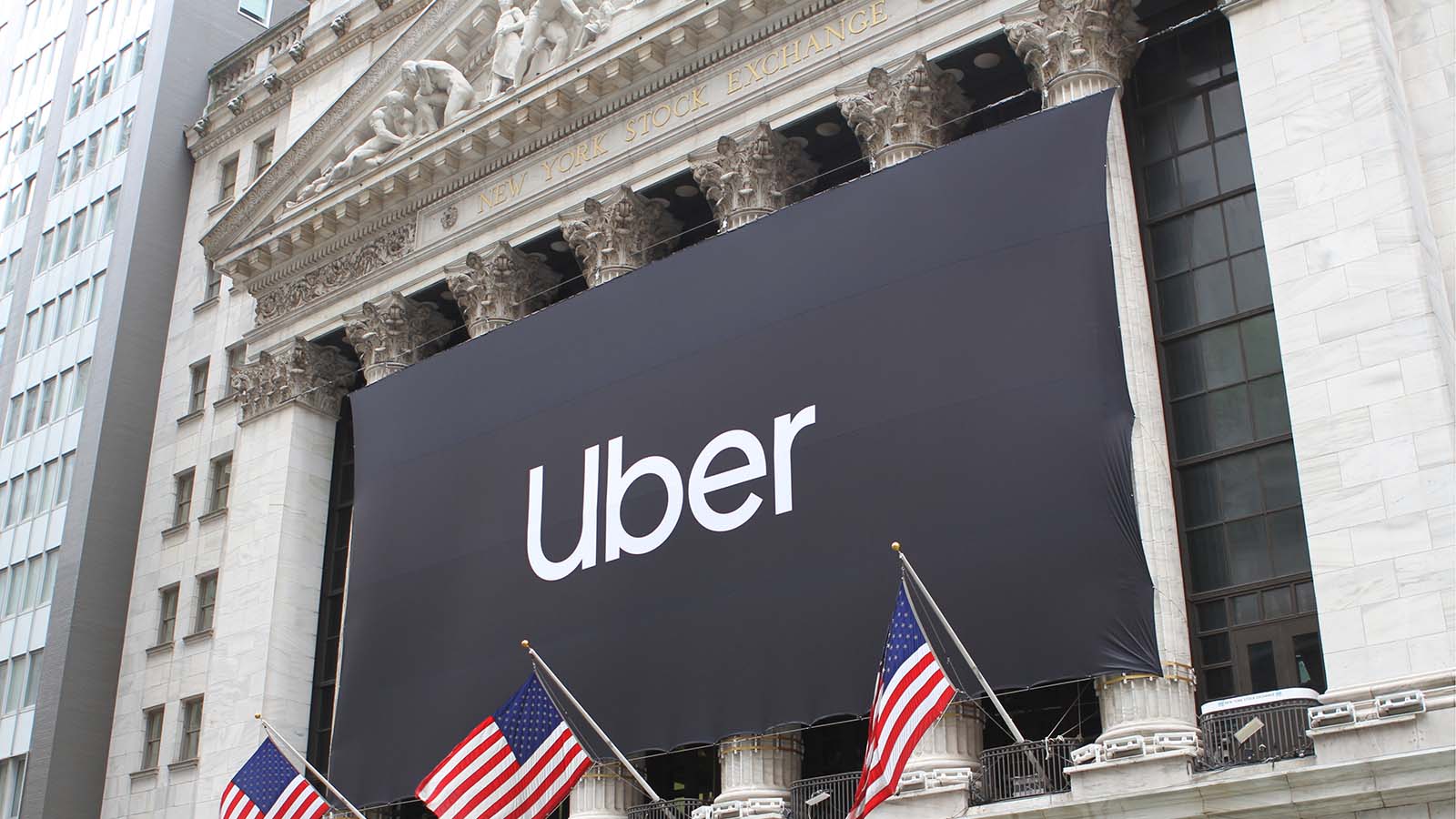Never short on scandals and controversies, Uber Technologies (NYSE:UBER) may not warm most people’s hearts. However, it’s undeniable that the company revolutionized the concept of ride sharing. A cost-effective means of bypassing the traditional taxi service, the innovative platform has found rapid adoption, especially among younger adults. It’s also provided valuable services across multiple demographics, which is why the novel coronavirus impact to Uber stock is a shame.

According to the Pew Research Center, communities of color are more likely to consider ride-sharing apps as an important service for such neighborhoods. While ride-sharing services aren’t perfect in this regard – Pew cited research that demonstrates some discrimination against guests of color – they provide drivers with the choice of serving underserved communities. Considering that ride sharing is competitive, UBER has effectively found a way to use capitalism to mitigate racism.
Now, I’m not suggesting that Uber stock is a feel-good investment. But the idea of centralizing the commerce of public transportation eliminates many social ills. For instance, I’ve talked at length about Uber’s game-changing international presence.
Traveling abroad, one of the areas where a tourist is likely to suffer a mugging or robbery is in the public transportation system. Previously, hailing a taxi would allow a tourist to sidestep this system. However, not knowing the target language could be a significant barrier.
With Uber, all pertinent details, including the payment process, is controlled by the company. Therefore, using ride-sharing platforms abroad is a breeze. Before the coronavirus, this represented one of my strongest arguments for buying Uber stock.
Today, I don’t have that confidence. Indeed, UBER could be one of the most brilliant ideas to ever fail.
Without Supply and Demand, Uber Stock Faces Severe Risks
In our new normal, we haven’t just become accustomed to mandatory shelter-in-place orders. One of the new directives that governments everywhere have requested is social distancing.
But what’s peculiar about social distancing is that probably, no authority needed to say anything; people were already practicing this on their own. Nevertheless, essential services, such as grocery stores and restaurants with takeout options, typically have warnings posted at high-traffic locations.
Of course, in a vehicle, you don’t have many options. Presumably, this is why so many airline passengers are requesting refunds instead of vouchers for cancelled flights. Unsurprisingly, many if not most folks are scared to fly in fear of contracting Covid-19.
And that’s especially the case with ride sharing. Even without this pandemic, participating drivers can sometimes encounter sketchy situations. But in this crisis – and because Covid-19 can spread asymptomatically – drivers are far more suspicious about their riders.
Some have chosen to eschew their side gig for their health. However, such moves impede the volume that Uber and rival Lyft (NASDAQ:LYFT) rely upon. Therefore, it’s a huge negative for Uber stock.
But on the demand side as well, riders simply are leaving their smartphones in their pockets. Obviously, health is a two-way street. And the refusal among riders to request pickups has killed driver earnings.
According to data compiled by Gridwise.io, in the weeks before the coronavirus badly struck the U.S., national ride-sharing driver earnings averaged $17.35 an hour. But in the last few weeks of March, the average slipped to $14.20.
True, earnings have picked up percentage-wise heading into the end of March. But by then, the average earnings was only $14.76. That really doesn’t cut it, especially in large metropolitan areas with higher living expenses.
Lingering Behavioral Shifts Hurt All Ride-sharing Platforms
Of course, the good news for Uber stock is that national coronavirus cases appear to be flattening significantly. Recently, the Trump administration expressed optimism that some states could reopen sooner than previously anticipated.
Should things go according to plan, Uber stock could bounce back due to a resurgence of pent-up demand. While I don’t mean disrespect to those who have this opinion, I think it’s a little naïve, at least as it relates to the broader travel and transportation industries.
Primarily, Americans were asked to collectively sacrifice during a period of great pain, turmoil and confusion. This awful memory will not go away. Thus, some experts have forecasted that social distancing protocols may remain in place until 2022.
Who knows if that will happen or not? But the point is that the psychological damage has been done. If there is pent-up demand, that demand will trickle in slowly. Unfortunately, it may be a little too slow to save Uber stock from severe volatility.
A former senior business analyst for Sony Electronics, Josh Enomoto has helped broker major contracts with Fortune Global 500 companies. Over the past several years, he has delivered unique, critical insights for the investment markets, as well as various other industries including legal, construction management, and healthcare. As of this writing, he did not hold a position in any of the aforementioned securities.
